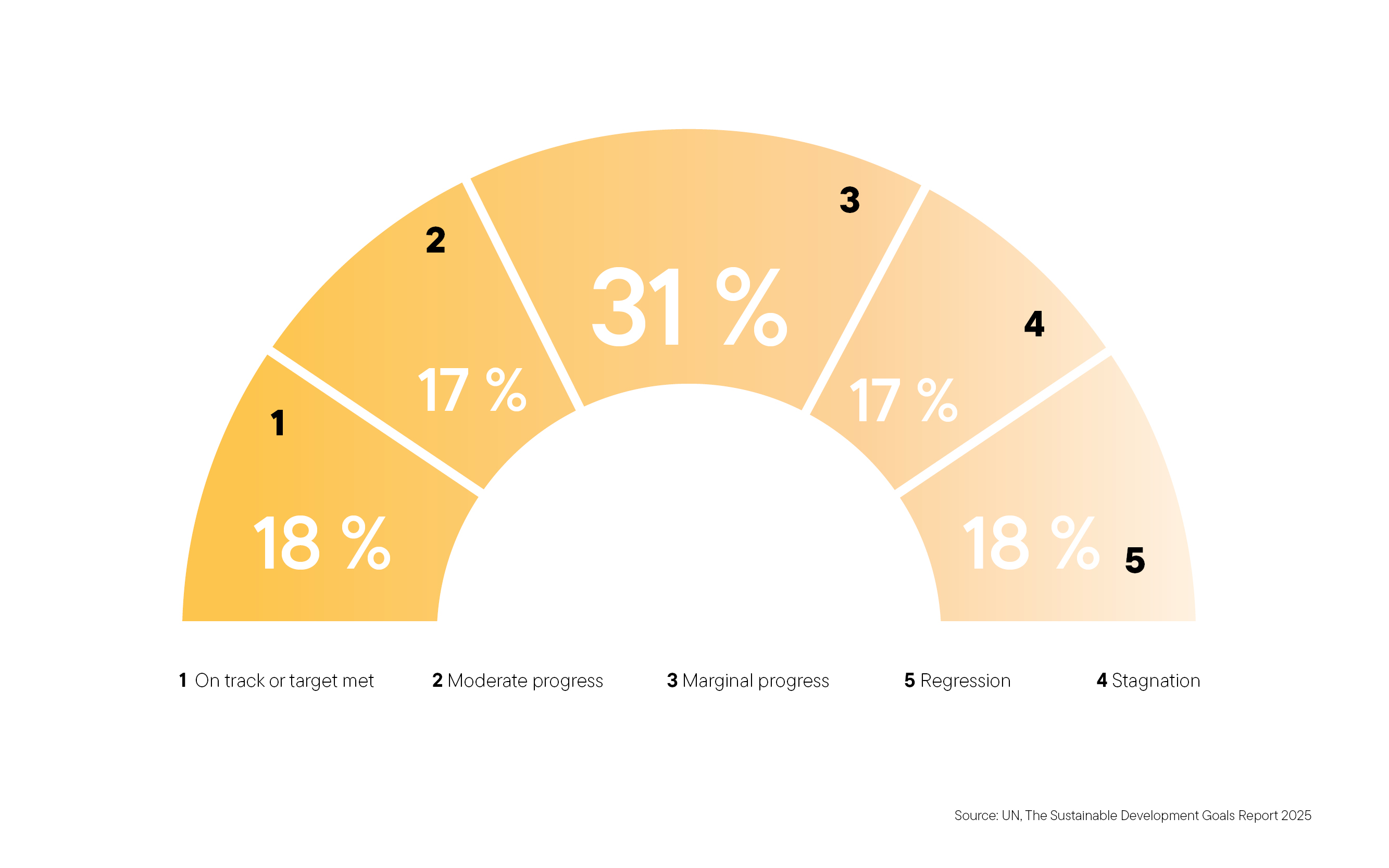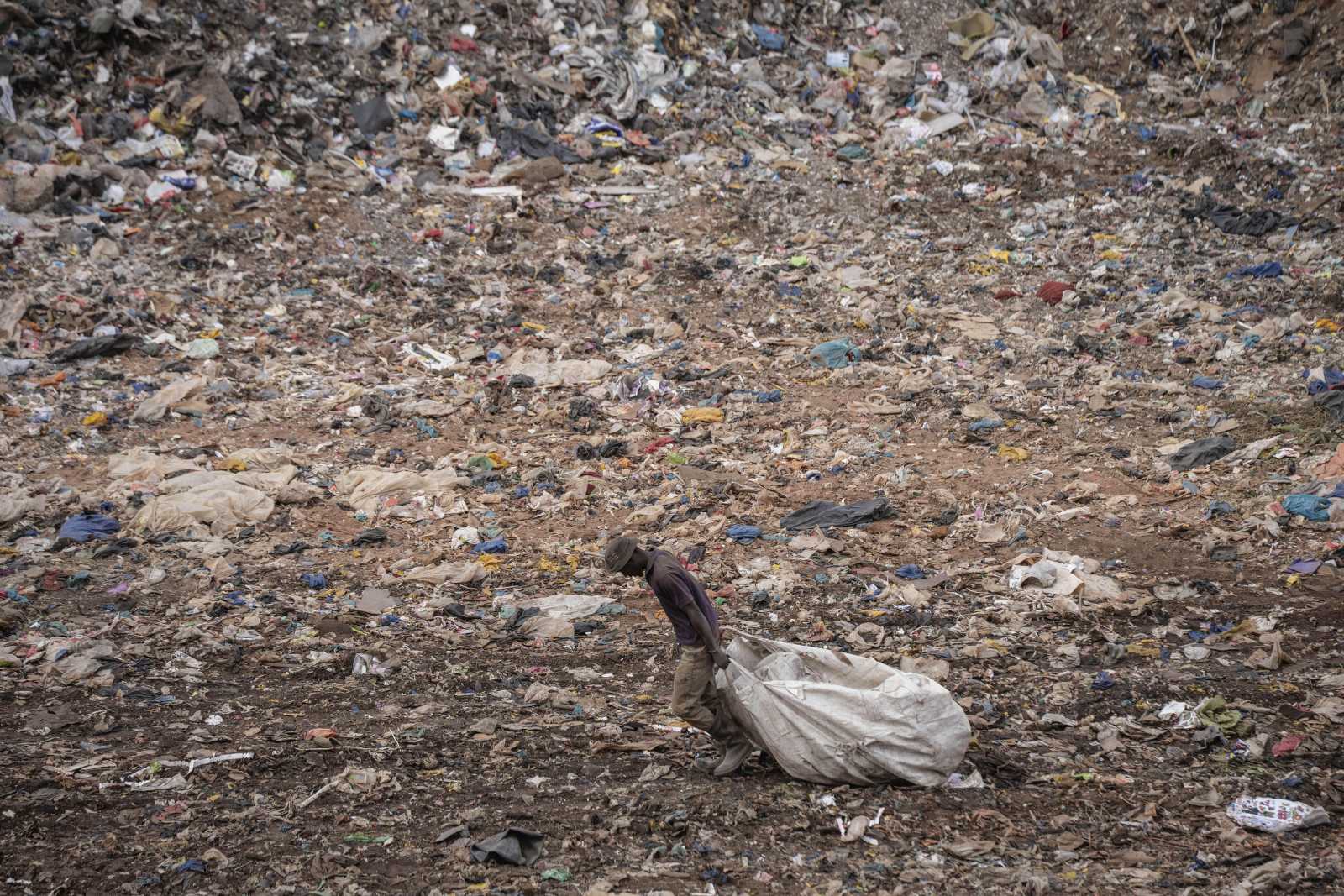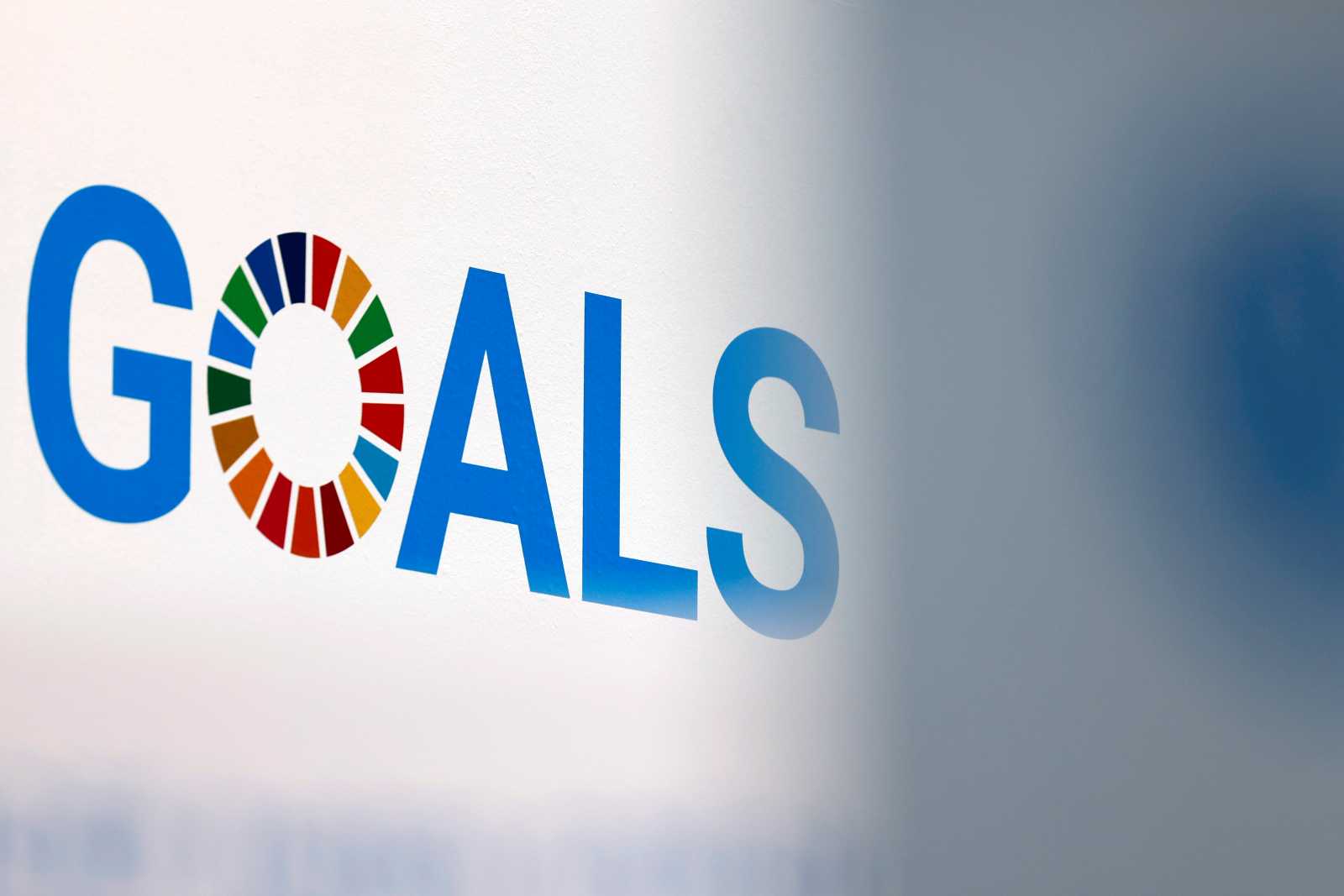Comment
Four more years
By Hans Dembowski
Humanity certainly did not need the world’s most powerful nation to be led by someone whose default option was to promise to be more hawkish in the Middle East and contemplate war with Iran; who pledged to balance the national budget and boost military spending without indicating what kind of public spending he wanted to cut; who caved in to climate change deniers; who wanted illegal immigrants to “self-deport”; who ridiculed low-income groups; and who insisted that America must never apologise. This was the kind of president Romney promised to become.
Obama, in comparison, is a much more sober-minded president. He understands the dangers of global warming. He appreciates the peaceful heritage of Islam. He knows that international migration cannot simply be stopped by law, and he has even admitted that the USA bears some of the responsibility for drug-traffic related violence in Latin America. Obama, moreover, has at least shown an interest in multilateral policymaking. He has not been successful at it – the failure to broker a comprehensive climate agreement at the UN summit in Copenhagen three years ago was probably the most striking failure. Multilateral progress, however, depends on international consensus. It cannot be brought about by a single leader, so even the president of the most powerful nation needs other countries’ support.
Obama’s predecessor George Bush had a disastrous tendency of bypassing multilateral institutions, and Romney never saw anything wrong with Bush’s approach. It led to the Iraq war, a foreign policy failure that did more to shatter the USA’s standing in the international arena than anything Obama has done so far.
That said, Obama’s first term was disappointing in relevant ways. He did not close the Guantanamo Bay detention centre as he had promised, and he stepped up the drone war. Locking up people without trial is obviously no way to promote the rule of law, and arbitrarily killing terrorism suspects in a country like Pakistan sends all the wrong messages. Washington does not take notice of extrajudicial killings being the most serious human rights problem in South Asia. To their credit, some members of Obama’s Democratic party criticise his human rights failings; Romney’s Republicans do not.
The best aspect of Obama’s victory, however, is that he won in spite of high unemployment. His coalition proved strong enough to weather the storm of right-wing fanatics who felt sure that the weak economy entitled them to yet another presidency of vain patriotism and empty trickle-down rhetoric. The really good news is that the electorate of the USA saw through hogwash propaganda even in a time of crisis, and re-elected a black president whose pro-poor agenda led to universal-healthcare legislation, which is now certain to be implemented in the next four years. The USA, it seems, is a more liberal nation than generally assumed.













